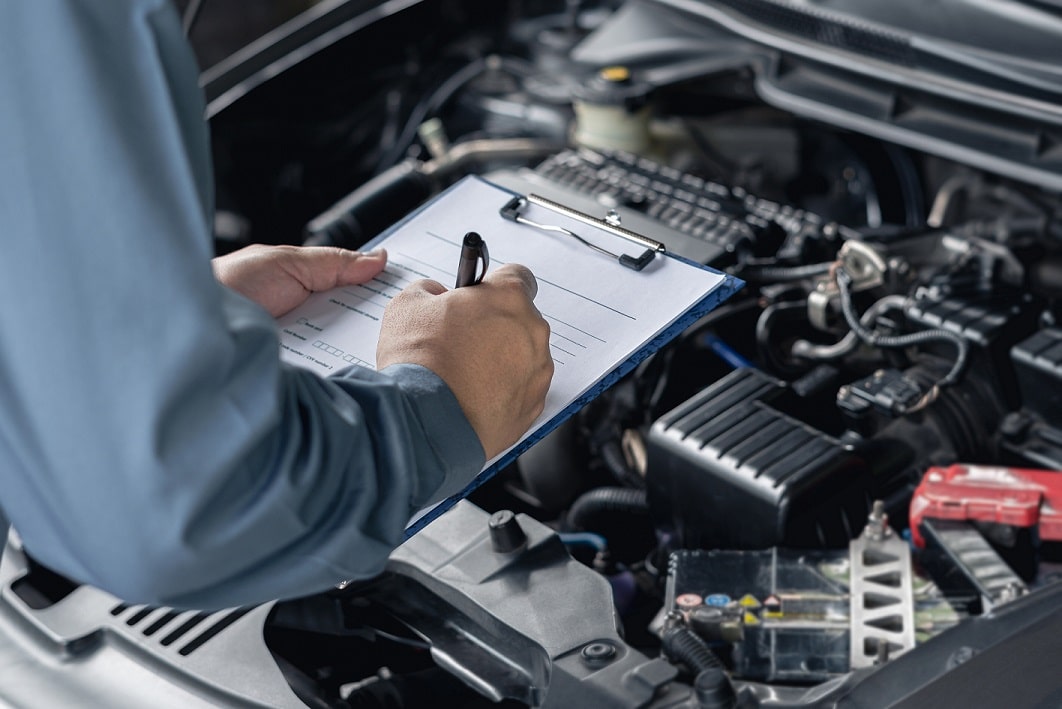What is a Tune-Up and How Does It Work?
A tune-up is preventative engine maintenance designed to keep your vehicle running smoothly. The most fundamental version usually includes inspecting and replacing spark plugs and associated ignition parts. More extensive tune-ups may also involve air or fuel filters, diagnostics, and performance adjustments to ensure optimal engine health.
Why a Tune-Up Matters
Enhances engine performance and responsiveness.
- Improves fuel economy by ensuring efficient ignition.
- Helps prevent stalling, misfires, or rough idling.
- Reduces the risk of more costly repairs down the road.
How a Tune-Up Is Done
- Inspect and test spark plugs and ignition system.
- Replace spark plugs and wires if needed.
- Check and replace air or fuel filters (for full tune-ups).
- Clear fault codes, run diagnostic checks if included.
- Perform performance checks and make minor timing or mixture adjustments for optimal engine efficiency.
When to Get a Tune-Up
- Engine misfires, difficulty starting, or rough idling.
- Noticeable drop in fuel efficiency.
- Dashboard check-engine light appears.
- Proactive maintenance after 30,000–60,000 miles, as vehicle manufacturer may recommend.
Signs You May Need a Tune-Up
Decreased acceleration or power.
- Hesitation during acceleration.
- Rough or uneven idling.
- Reduced gas mileage.
How Important Is This Service?
Regular tune-ups help your vehicle run reliably, efficiently, and safely. At Nationwide Mechanics, our skilled mobile technicians use quality parts and efficient diagnostics to deliver long-lasting performance—right at your doorstep.




